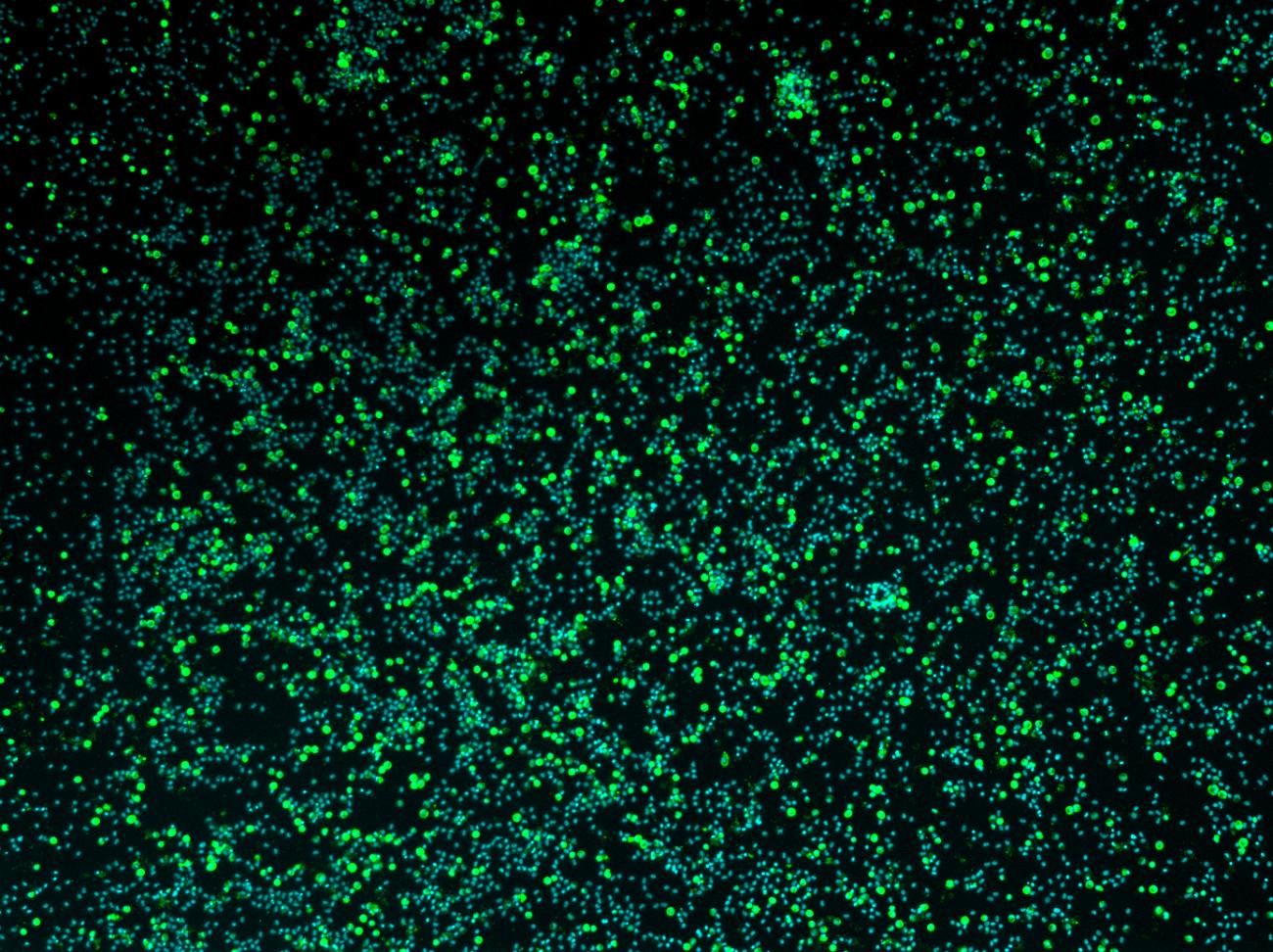
Investigation of the genetic diversity of the Hungarian PRRSV strains and the effect of RdRp on their evolution.
Estimated losses caused by Porcine Reproductive and Respiratory Syndrome Virus (PRRSV) in the USA and EU are at $664 million and €400 million per year respectively.
According to a 2015 survey, more than 25% of the industrial pig farms (163 of the investigated 600) were infected with PRRSV in Hungary. To mitigate the high economic losses caused by the virus in 2010 a national eradication program was implemented with the goal to eliminate PRRSV until 2020. Successful completion of the PRRSV eradication plan is impeded by the lack of effective vaccine and detailed knowledge about the diversity and geographical distribution of the Hungarian PRRSV strains.
One of our main objectives is to survey the genetic diversity of the Hungarian PRRSV population to determine their geographical distribution and follow their spatio-temporal alterations during a four-year period.
The high mutability and the extreme antigenic variability make the protection against PRRSV particularly difficult. RNA dependent RNA polymerase (RdRp) of the virus plays a major role in the generation of the constant stream of viral variants that are most probably responsible not only for the wild variety of clinical manifestation of the PRRS but for increased pathogenicity and also for the inefficacy of vaccines against heterologous PRRSV infection. Presently scientific data is scarce about the fidelity of RdRps in different PRRSV genotypes and their effect on the mutation rate.
The second objective is to compare the mutation frequencies of viruses from different lineages and to evaluate the role of the RdRp in mutant generation and viral evolution by studying chimeric and field PRRSV strains.
Balka Gyula, PhD, ÁTE, Budapest